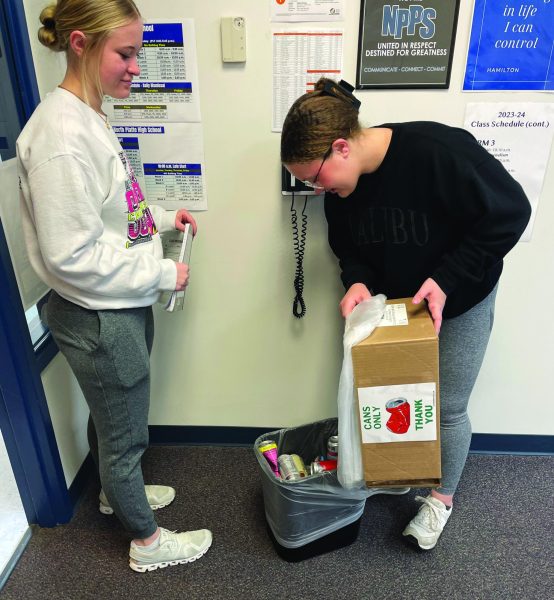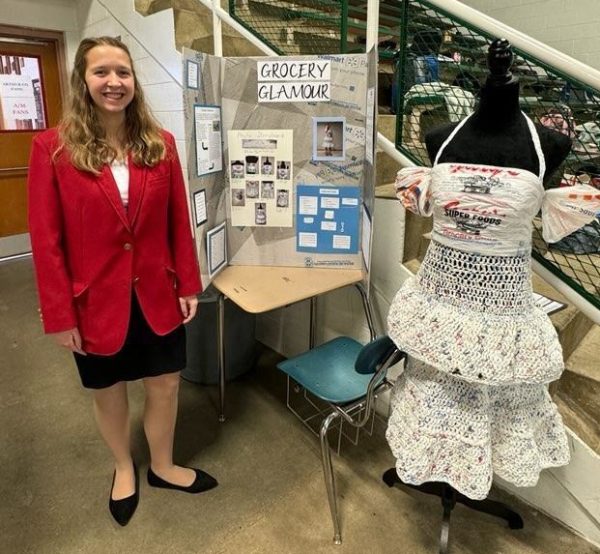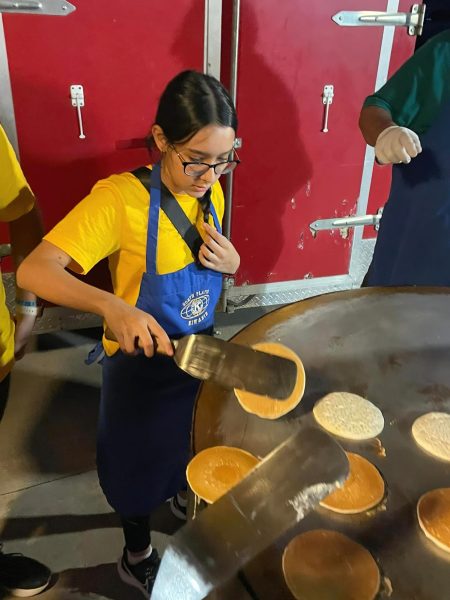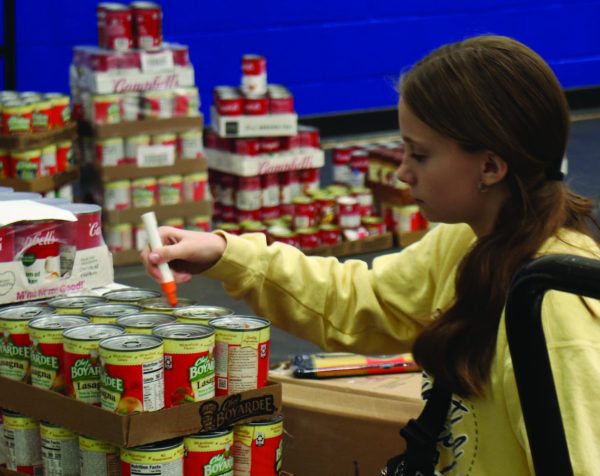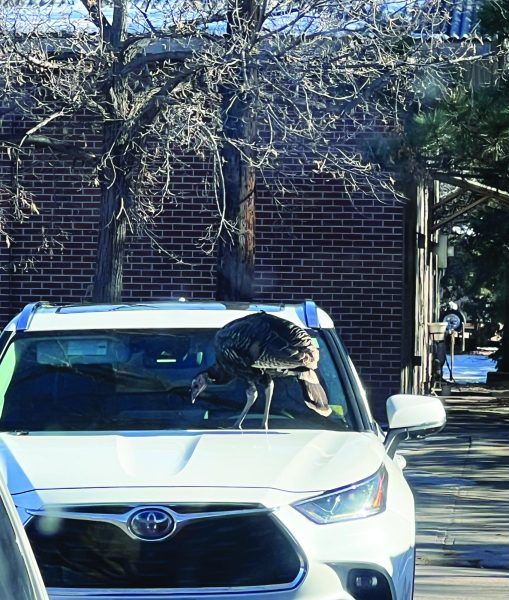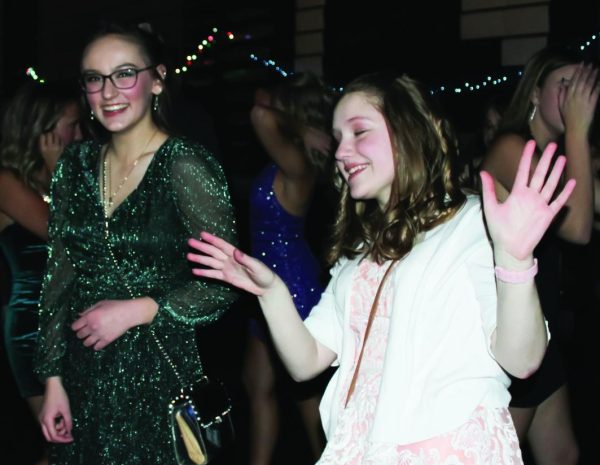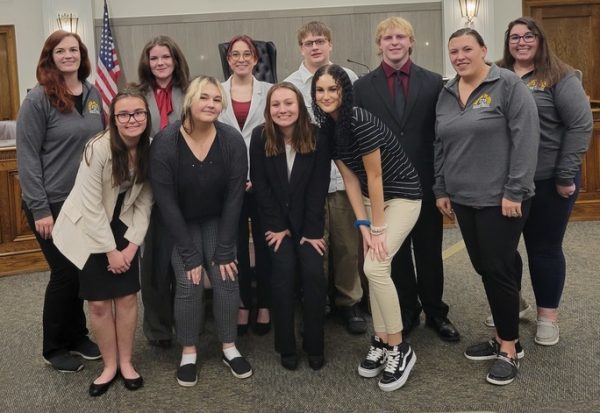Youth to youth
In school, there are many different activities you can be a part of. We all know of sports for people who are more physical, and things like art, speech, and debate for the more creative and verbal. One activity that may or may not come to mind is the Lincoln County Youth Leaders. They are a group of high schoolers, guided by Tina Hanson, Community Connections Youth Leadership Development Coordinator, who tell younger kids why substance abuse is dangerous. Hanson gives them the tools they need and helps with the organization. The high schoolers are the leaders.
There are many ways the group teaches younger kids what is unsafe for them. “We went to the radio station, and we did commercials. For elementary schools we do skits,” said junior Kelsey Epp. The skits include “Love Your O’s”, the O is for oxygen, and or the Samantha Skunk “program”, They wear costumes and have cue cards with specific dialogues for performances about preventing substance abuse, illegal drugs, underage drinking, and prescription drug abuse. There is also a smaller version of LCYL, called the Assets group. “We teach them different skills. There’s a whole set program for them,” said senior Simon Lindley.
The high schoolers act as role models for the younger generation. In many ways, LCYL influences the younger generation. By handing out water bottles to fifth graders to then give to their entire school, they’re spreading awareness to every classroom. “I think it helps when older peers tell them not to do bad things,” said Lindley. “They relate to one another, and they can have a much more open conversation and don’t feel like this is just another adult telling me what I should and shouldn’t do,” Hanson said, “We asked the elementary students to keep these bottles as a reminder to be drug free all year, not just to think about it during red ribbon week.”
While doing this program, a few have noticed it has not only helped them realize how these bad decisions impact others, but themselves as well. “It’s helped open my eyes about how important it is to start telling them at a younger age what is bad,” said Epp. “It helps them rethink their decisions – that it affects not just them, but others too.”

